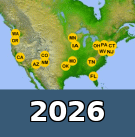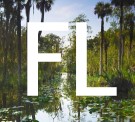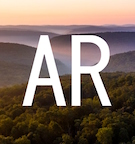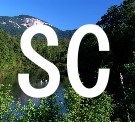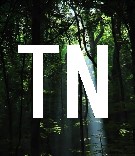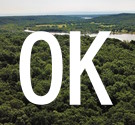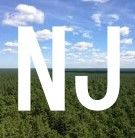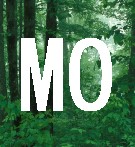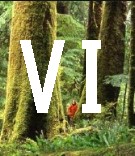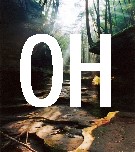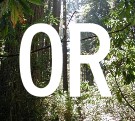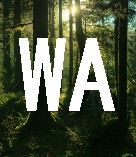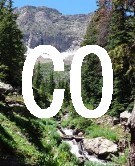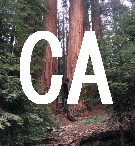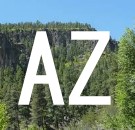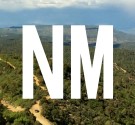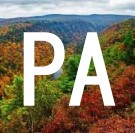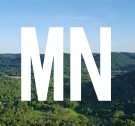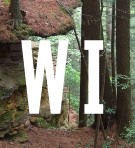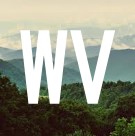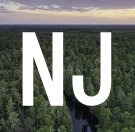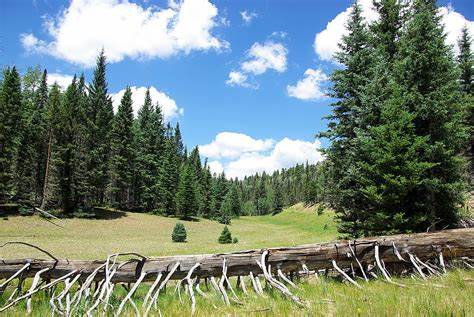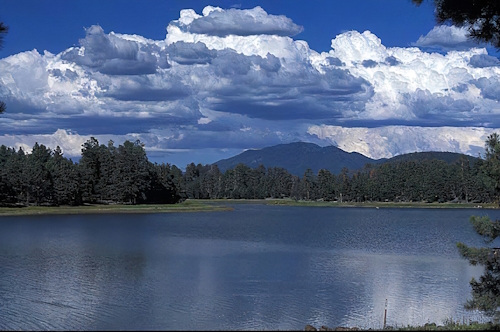|
Dates: July
29 (Wednesday) - Aug 2 (Sunday)
The first BFRO expedition
in Arizona led to the discovery of a very
interesting cave in a remote part of the Fort Apache Indian Reservation
that appeared to have been used by sasquatches.
Subsequent Arizona expeditions focused on different parts of the Mogollon
Rim zone and all resulted some compelling
incidents at night. The most recent one (2023) yielded a great
sound recording.
Most people who are unfamiliar with Arizona have a particular perception
of the state consistent with the name Arizona, derived from "arid zone".
That perception usually does not include the "sky islands".
Sky
islands are the high elevation areas among the Inter-mountain West (i.e.
area between California and Rockies) that protrude up from surrounding
desert landscapes. They are high enough to catch snow in Winter and almost
daily rain in Summer.
Most of the sky islands have an abundance of elk, deer
and antelope. The bigfoot area selected for 2025 has all those, in one of
the most overlooked and unpopulated parts of the continent. The vegetation
in this high altitude area is surprisingly lush in the summer. This zone has more plant and protein staples for bigfoots than most parts of Arizona.
The lead organizer, Jeff Johnson, is a law enforcement officer
(detective) who has attended BFRO expeditions for more than 10 years
before he finally started leading them. He
and co-organizer Steve Vallie are very experienced and marvelously well
equipped for backwoods 4x4 exploration.
A witness and her husband contacted
the BFRO last year talking about several encounters on a very remote ranch
property. Steve and Jeff went to investigate. They say the area is
fantastic and the witness claims are very believable. The group will be
able to use this off-the-grid property as base camp.
This area is accessible to small
trailers but it is also very far from services and civilization. It is
also high elevation so it might get cold at night even in July.
The
BFRO now encourages participants to come with video cameras that can
record in total darkness -- thermal cameras.
If this trip will be
your first BFRO expedition then you will be able to try out thermal
cameras brought by others who have attended many expeditions over the
years.
If you have attended many BFRO expeditions then we don't
need to tell you how helpful a thermal camera is ... for your peace of
mind in the woods at night, if nothing else. But we do need to tell
you how much cheaper and better thermal cameras are nowadays.
Not
long ago the high resolution thermal cameras were very expensive -- beyond
the reach of most people. Nowadays however hi-res thermal cameras only cost as much as really good
photo cameras -- less than $1,000.
Hi-res thermal cameras cost less
than $1,000 now ... because the BFRO sells them for close to wholesale price,
basically straight from a Taiwanese manufacturer.
Here is the link to more
information about these units.
CLICK HERE
You will not regret owning one of those devices. A good thermal video
camera is MUCH more useful when trying to spot animals than even the best nightvision video camera.
________________________________________
Jeff Johnson and Steve Vallie are now taking registrations for this trip. You will be
put in touch with them if you follow the
instructions on theFrequently
Asked Questions page.
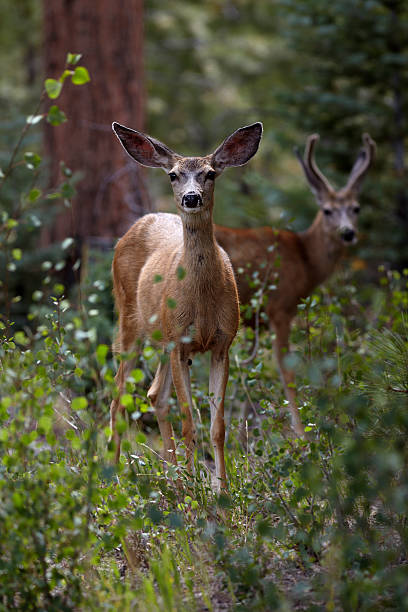
|

